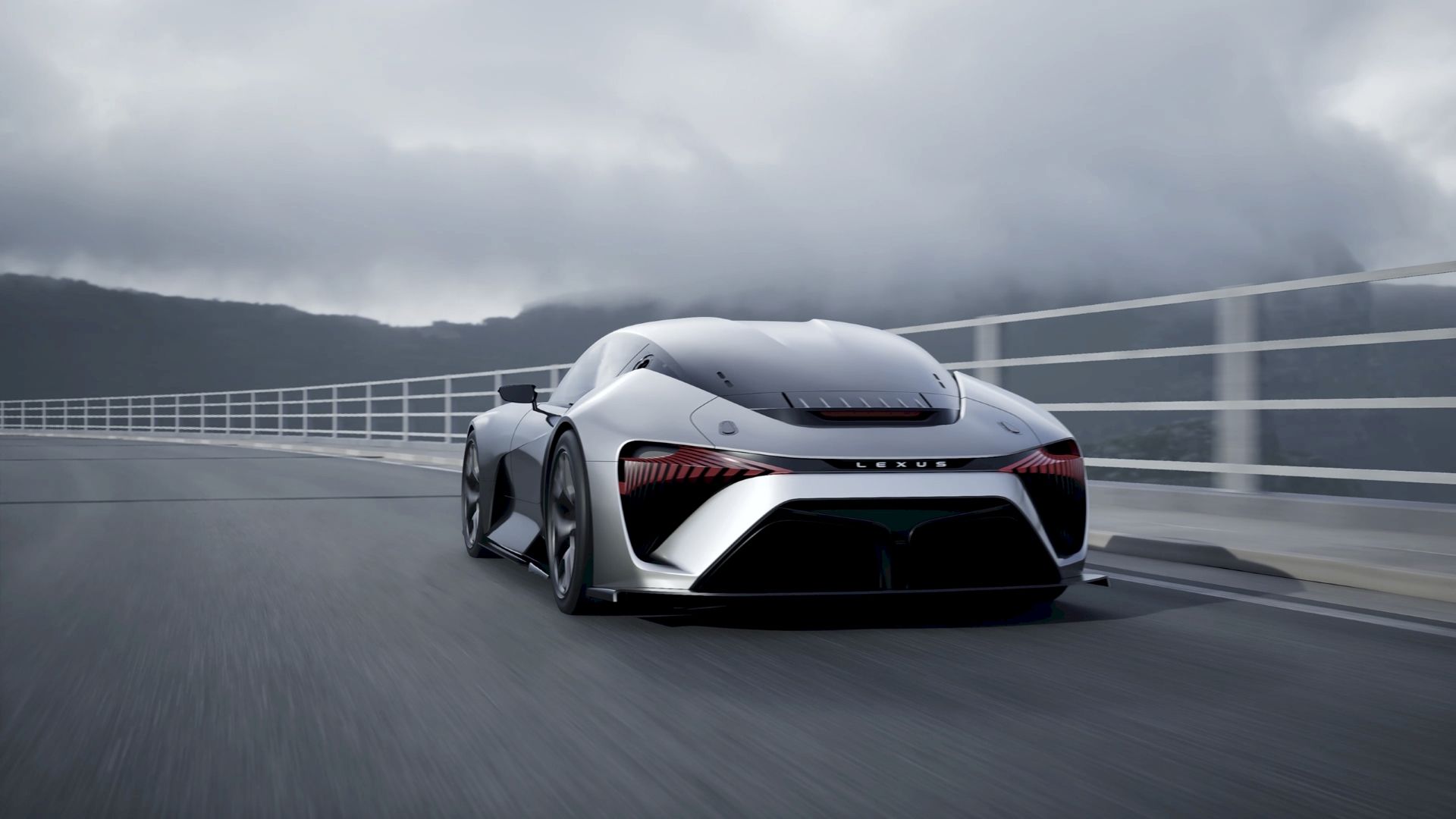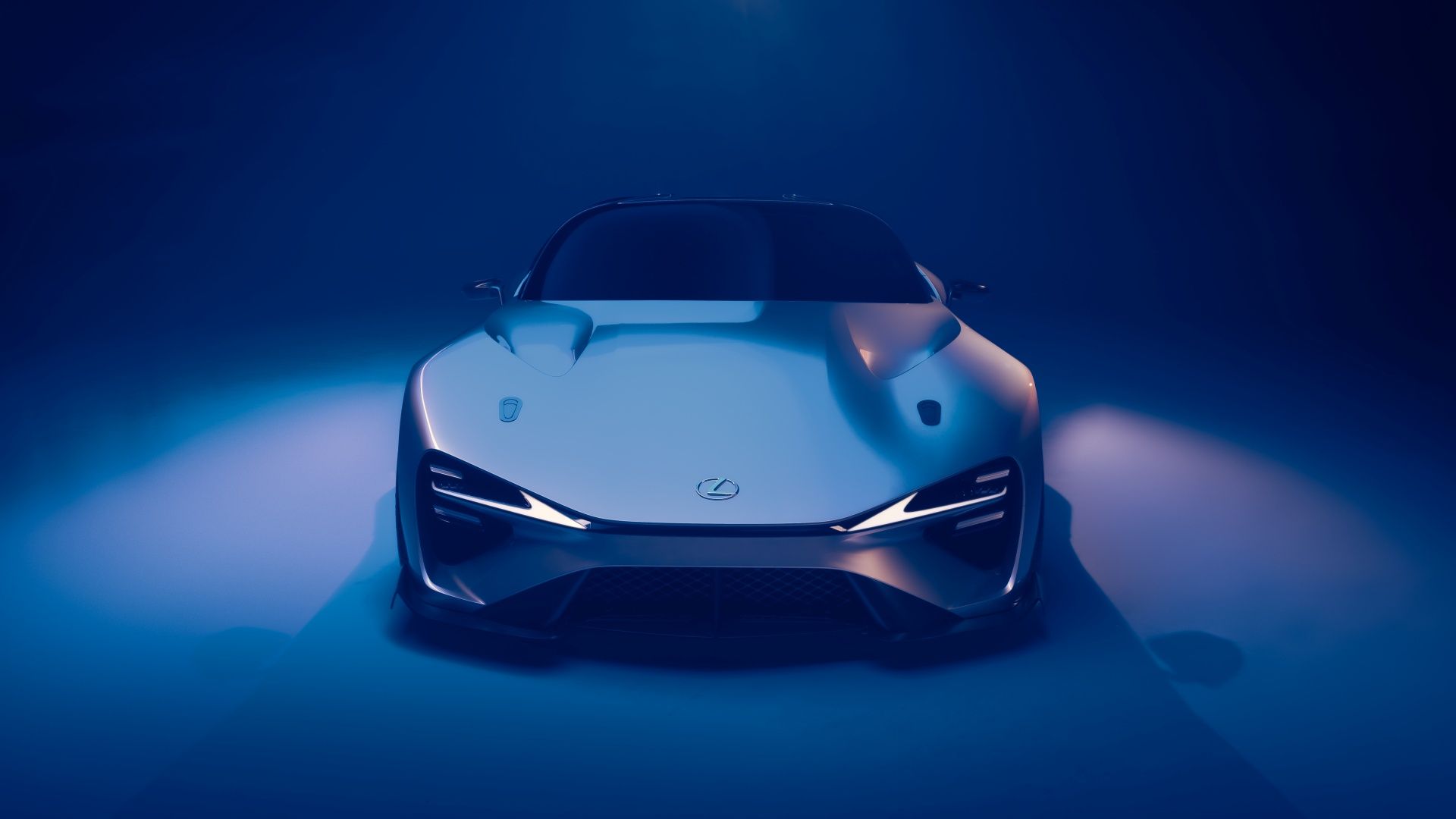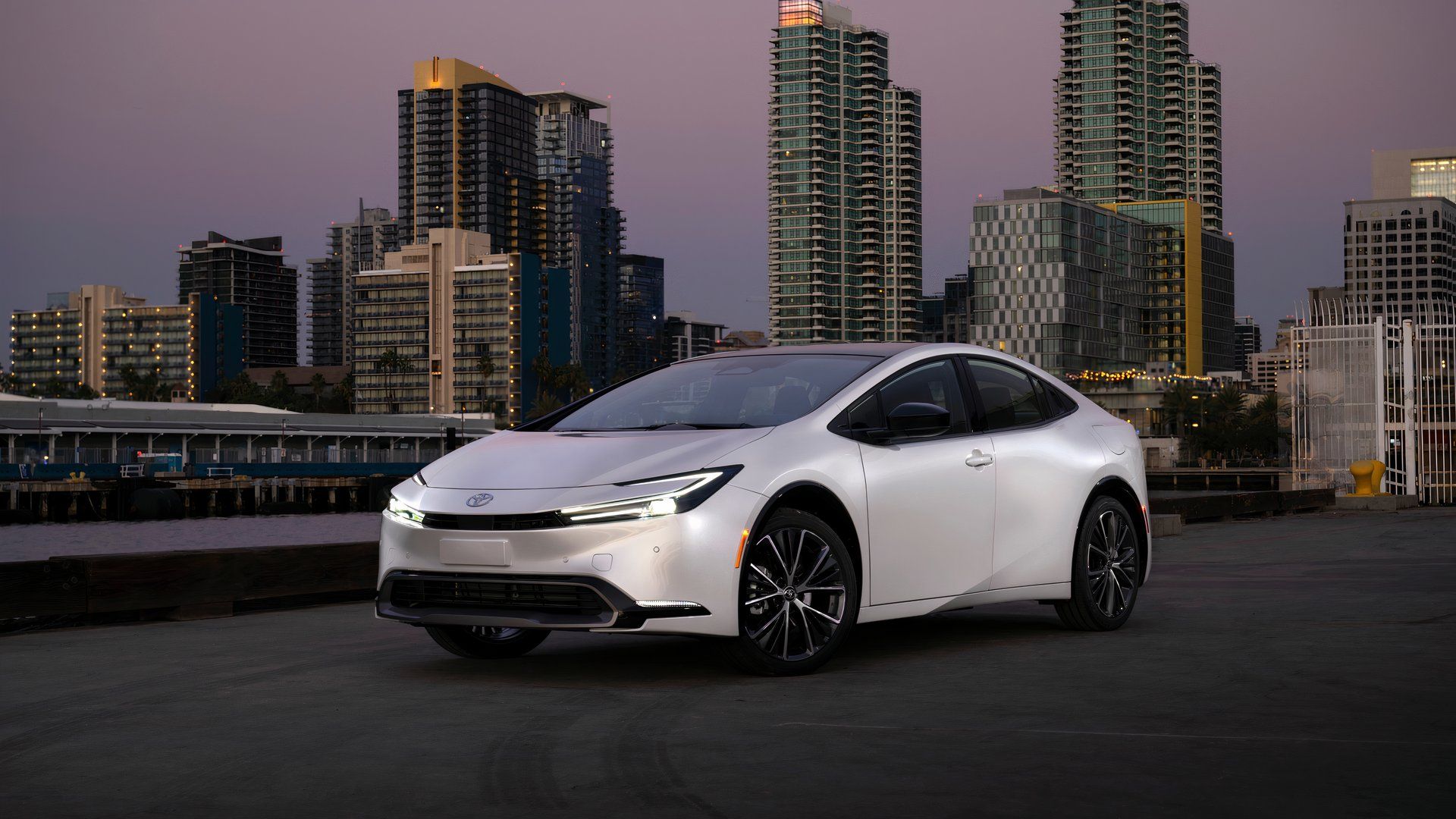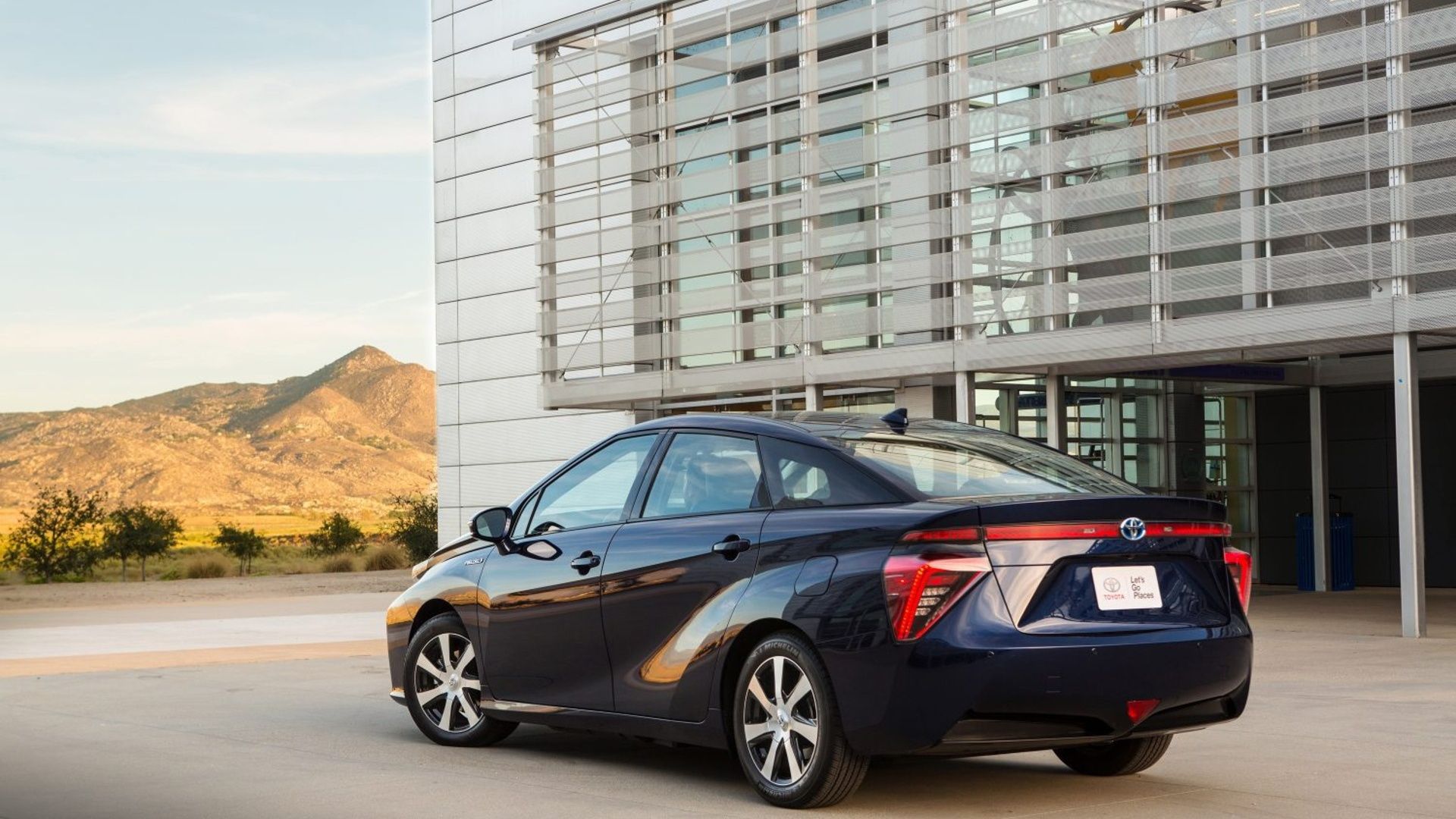The Future Of Sports Cars Could Be Electric

With Toyota and many other car brands shifting focus to EV driving, it’s no surprise many experts project the future of sports vehicles to be electric. Not only does having the option of manual transmission give consumers more to play with, but it also symbolizes less of a need for gas-powered models. Specifically, Lexus being the pioneer of mass-produced BEVs could mean much more to come. Although Toyota hasn’t officially released renderings or announced a sports car from that branch of the company, Lexus is full steam ahead in its efforts. Toyota has not announced plans for a manual transmission EV for any of its vehicles, although Lexus is well into developing the concept. Notably, the brand modified the existing UX300e with the EV manual shifter and clutch, so it should be coming to all of their sports vehicles in 2026 and beyond. It’s not uncommon for luxury brands to get the cool stuff before the more affordable, ‘regular-tier’ ones in this industry, so we’re sure Toyota will prioritize it sooner than later. Another exciting report is that Lexus was able to modify its existing UX300e with the fake manual shifter and clutch, so it’s clear this will be coming to nearly all 2026 EV models.
When Lexus EVs Featuring Manual Transmissions Hit The Market, History Will Be Made

- Lexus will release its highly-anticipated manual transmission EVs in 2026.
- The brand is said to have multiple models in pre-production.
When 2026 comes around the corner, consumers from across the globe will be able to check out this new manual transmission technology. Although there haven’t been public viewings of these prototypes or tests, we can rest assured Lexus and the Toyota brand as a whole know what they’re doing. Of course, it’s always nice to see a bit of proof before getting your hopes up, but according to reports, the electric sports sector of Toyota is in for a major overhaul. 2026 and beyond mark the dawn of EVs featuring manual transmission configurations. Toyota will pioneer this market, hopefully creating a long-lasting, influential trend within the auto world.
What we’re interested in will be the pricing behind these future vehicles. Manual transmission is historically less than automatic. However: this isn’t the case for EVs. So far, much of the issue with using this technology is that it costs too much to produce a non-gas-powered car, with Toyota investing loads of money to perfect it. Again, this should pay off as EV drivers switch to manual transmission purchasing (once available), hopefully proving successful for the Japanese-based automaker. Regardless, we’re excited to see where this goes and are sure Toyota/Lexus will create a memorable lineup in 2026.
Toyota’s Understated History Of Innovation

- Toyota is not known for bleeding-edge cars, but it has substantially changed the auto industry.
- Toyota introduced the United States to cars that were both fuel-efficient and pleasant to drive.
- Toyota also launched the market for hybrid cars, and later for FCEVs.
People often associate Toyota with bulletproof yet boring “appliance cars.” However, no other automaker could consistently get such glowing reviews for such plain vehicles. (Automotive journalists tend to look down on practical vehicles and gush over “sportiness.”) However, solid-state batteries won’t be the first time the company dramatically reshaped the auto industry.
With hybrids, Toyota was the first company to create a market for a completely new type of powertrain since internal combustion engines replaced steam-powered cars. It would retain that distinction until Tesla created today’s demand for EVs. Even after American companies figured out how to make competent compacts instead of rattly ones, they never clawed back the market share that Toyota won away from them.
Toyota Gave The World Hydrogen Cars

It is pedantically correct to point out that Toyota didn’t invent FCEVs just like it didn’t invent hybrids. But it is tied with Honda for the first company to successfully sell one. The Mirai sedan now holds the longest production run of any hydrogen vehicle in the history of cars. Some industry outsiders may think hydrogen is a corporate money pit. However, interest in hydrogen is slowly growing. Fuel cells are gradually spreading to more automakers.



